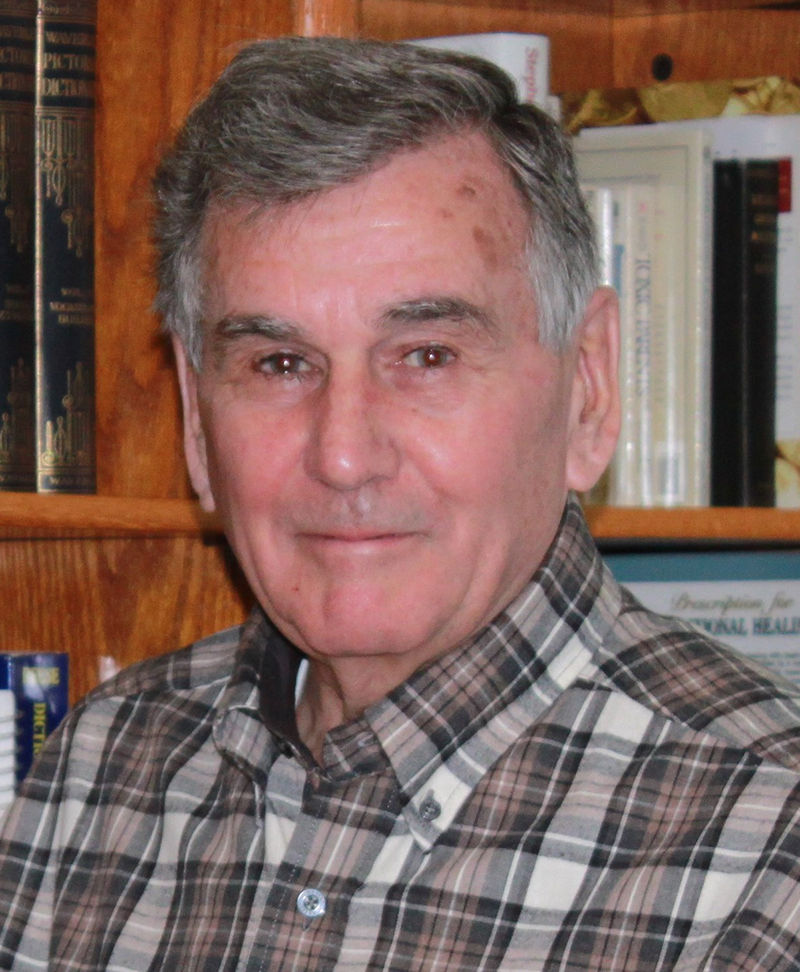“Christianity is the greater shackle, the greater rape of the Black mind, than slavery ever was.”

Food for Thought
Barbara Hillary stated the above, and she believed it to be true. Some people gave her praise for speaking her mind, others condemned her. In our society, not so many years ago, Barbara Hillary would have been burned alive at the stake for such heretical and blasphemous affirmations.
At age 75, Ms. Hillary became famous for being the first Black woman to stand on top of the North Pole. Despite being a celebrity who was interviewed by every major publication in the USA, only The New Yorker mentioned her religious feelings. At age 65, when Ms. Hillary went skydiving, The New Yorker stated that she was afraid of nothing except “religious people”. The reporter worded this in a facetious and sarcastic manner, implying that it was a joke, rather than a statement. Instead of making a jest of it, maybe the reporter should have stated why Barbara Hillary had a fear of “religious people”.
Today, rather than having heretics burned at the stake, our society ignores them, ostracises them, and makes fun of them. Is this a form of passive censorship?
Napoleon Hill, Dale Carnegie, and Mark Twain all agreed that “why” is the most important word in the English language. Wouldn’t it be nice to know why Barbara Hillary was critical of Christianity? She explained, “I ask my friends why they believe in God, and they say, ‘I believe because I believe.’ I ask, ‘Who taught you?’ They say, ‘My mother.’ I ask, ‘Well who taught her?’ They cannot accept that originally it was the slave-master. They just wipe that part out. So now you have a whole race of people bogged down in religion.
To do the job properly, you have to have a lieutenant. The White slave-master couldn’t control all those slaves effectively, so we got the Black clergyman, the lieutenant of racism. Generation after generation it continued, and by now, for women in my age bracket, it is inconceivable that there’s no White Jesus Christ. On Sunday mornings you have millions of dollars going into the pockets of this exclusive group of Black clerics who live like kings. And you are so programmed that you cannot think beyond, ‘Massa is gonna provide.’ Everything must come from this benevolent White person, even Santa Claus!”
Why is “why” considered the most important word in the English language? When we ask a person, in a genuine manner, why they believe a certain thing, their answer may change our opinion, or, as it sometimes happens, the person being asked is forced to have another look at their own opinion; and in doing so, may come to realise that they have been wrong. A coin has two sides and an edge. When we ask what the other person’s side of the coin looks like, we are forced to look at their viewpoint, their angle of perception. We both may be right, and possibly, we both may be mistaken. Usually, nothing is clear-cut, there is no black and white, only grey. When we can find no proof of right or wrong, we must acknowledge personal opinions.
It is so easy to condemn and so difficult to understand. By trying to understand where someone is coming from, possibly they may be willing to try and understand where you are coming from. Most conversation is discussion, a word which has the same root as percussion, to hit. In a discussion two people take turns bashing each other. However, with dialogue, each person is trying to understand why the other’s opinion differs from their own.
It would have been nice if a reporter had asked Barbara Hillary why she was an ardent atheist. Possibly her answer could have had a positive effect on some people. Possibly her words could have been food for thought, causing some people to begin thinking for a change. Maybe some would be inspired to read the Christian Doctrines of Discovery, which are entrenched in International Law, Canadian Law, USA Law, English Law, et cetera, and have been used as justification for countless atrocities, including slavery.
Today, very few are aware of Barbara Hillary’s philosophies about why Black people remain downtrodden. She was never given a proper voice.
Wayne Weedon is an Indigenous Manitoba writer of novels and short stories. To sample his wonderful work go to Wattpad.com.
